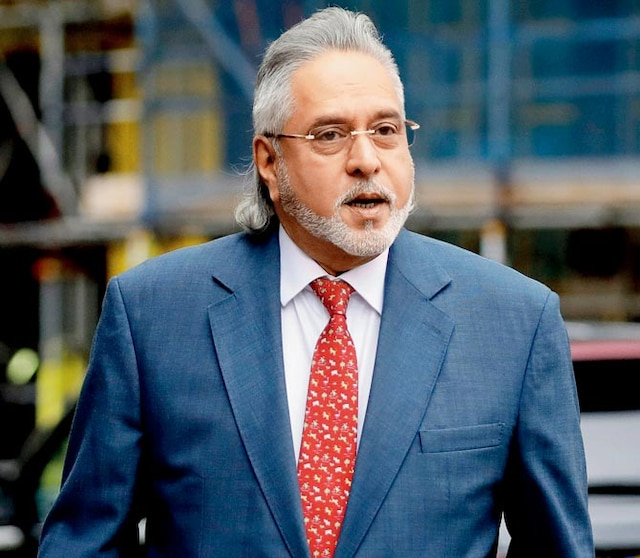Maldives President Mohamed Muizzu has initiated steps to introduce India’s Unified Payments Interface (UPI) in the country, aiming to boost the Maldivian economy. Developed by the National Payments Corporation of India (NPCI), UPI enables instant, real-time inter-bank transactions via mobile phones.
According to a government press release, the president’s decision to adopt UPI follows recommendations from the Cabinet. The initiative is expected to improve financial inclusion, enhance the efficiency of financial transactions, and strengthen the country’s digital infrastructure.
Muizzu has called for the involvement of local banks, telecom operators, state-owned enterprises, and fintech companies in the UPI consortium. He also established an inter-agency team, including the Ministry of Finance, the Ministry of Homeland Security and Technology, and the Maldives Monetary Authority, to work with the Ministry of Economic Development and Trade in overseeing the implementation of UPI.
Strengthening Economic Ties: UPI Implementation Amidst Tourism Challenges
This move follows an agreement signed during Indian External Affairs Minister S. Jaishankar’s visit to the Maldives in August. Earlier in the month, the Maldives introduced a new foreign currency regulation, limiting certain transactions in foreign currency and requiring mandatory foreign currency exchanges for tourism-related businesses.
The Maldivian economy, heavily reliant on tourism, has faced challenges after an unofficial boycott by Indian tourists. Which followed President Muizzu’s ‘India Out’ campaign during his election last year. While Muizzu had previously called for the withdrawal of Indian military personnel from the Maldives, he has since softened his stance. His first state visit after assuming office was to India earlier this month, signaling a shift in his approach.
Tourism remains a critical driver of the Maldivian economy. Contributing nearly 30% of the GDP and over 60% of its foreign exchange earnings. The introduction of UPI is expected to enhance economic activity and support the nation’s financial stability.








